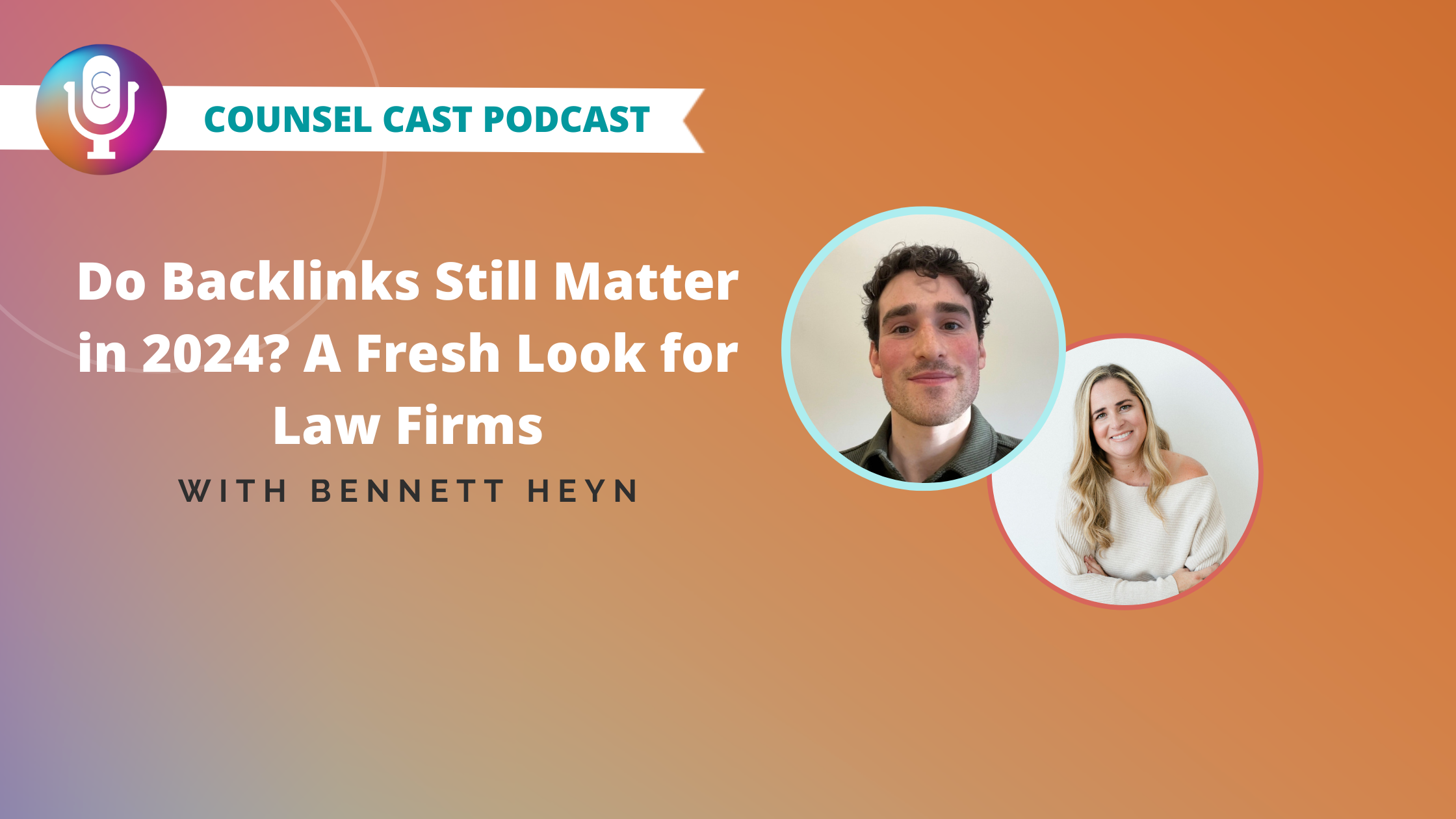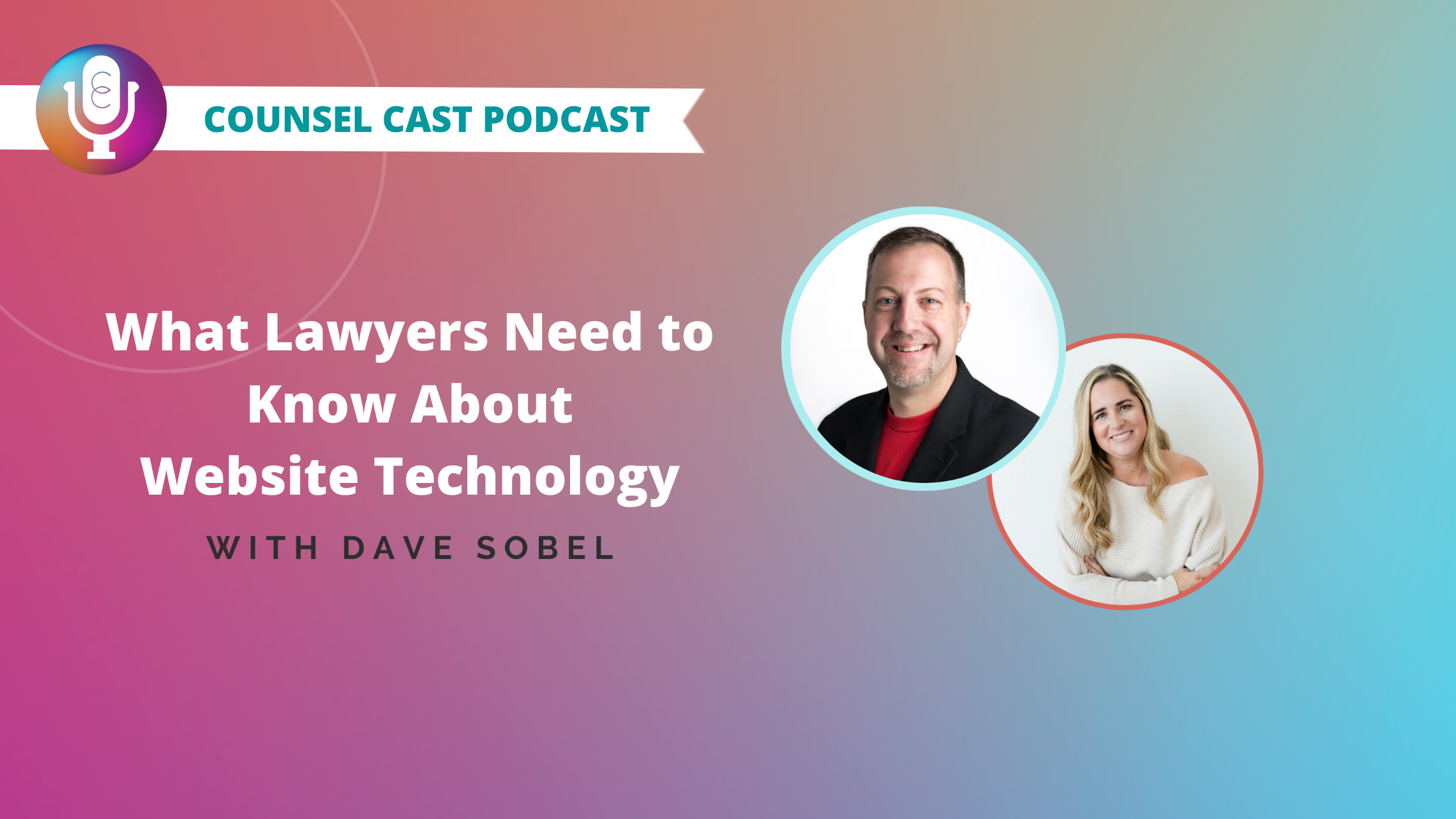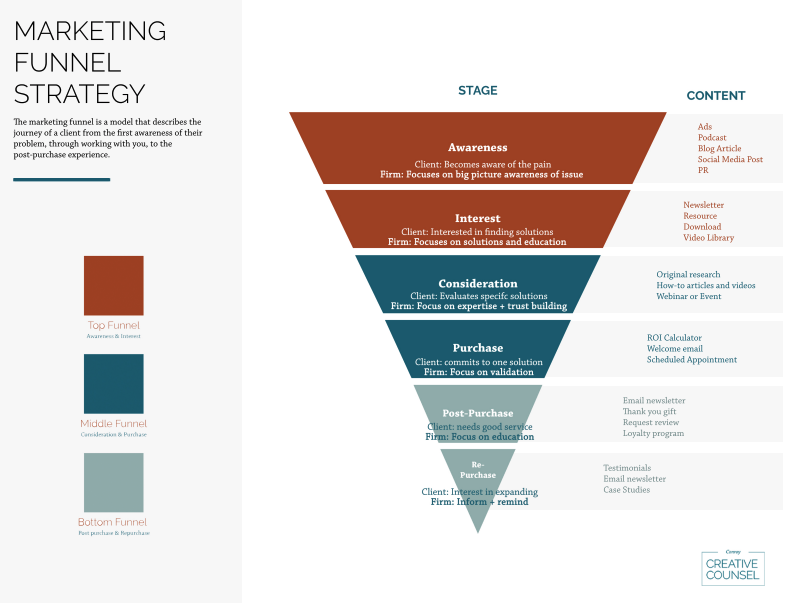Search engines have become essential for individuals and businesses seeking information, products, or services. For law firms, harnessing the potential of search intent is crucial in attracting and converting potential clients.
Understanding the four types of search intent can help law firms optimize their online presence and better serve their audience. This article will discuss what search intent is and explain the four types of search intent.
What is Search Intent?
Search intent, or user intent, is the underlying purpose behind a search query on a search engine like Google. Recognizing and catering to different types of search intent is crucial in ensuring your law firm’s website appears prominently in search results, thus connecting you with potential clients actively seeking legal services. Let’s explore each of the four primary types of search intent.
The 4 Types of Search Intent
The different types of search intent match up with the typical stages in the buying cycle. These stages are awareness, consideration, and decision. Here are the different types of search intent and when a client utilizes each type.
Informational Search Intent – Awareness Stage
Informational search intent arises when users seek answers to specific questions or information on a particular topic. Many individuals turn to search engines for legal guidance, information about legal processes, or answers to common legal questions. Understanding this intent allows law firms to position themselves as authoritative sources of legal information.
How Law Firms Can Address Informational Intent:
- Create High-Quality, Informative Content — Develop blog posts, articles, or FAQs that address common legal questions, offer guidance on legal processes, and provide valuable insights into legal issues. Ensure your content is accurate, well-researched, and easy to understand.
- Use Targeted Keywords — Identify relevant keywords and phrases that potential clients may use to search for legal information. Incorporate these keywords into your content to improve search engine visibility.
- Share Legal Insights — Offer free resources, such as webinars, whitepapers, or ebooks, that provide in-depth insights into legal matters. Encourage visitors to subscribe to your newsletter or follow your social media accounts to stay updated on your latest legal content.
Commercial Search Intent – Consideration Stage
Commercial search intent is more complex and indicates that users are in the research phase of their journey. They’re considering different options and various providers before making a decision. For law firms, this often involves users comparing attorneys or assessing legal services.
How Law Firms Can Address Commercial Intent:
- Showcase Your Expertise — Highlight your firm’s unique selling points, such as experienced attorneys, successful case results, or specialized practice areas. Use case studies or client testimonials to build trust and credibility.
- Create Comparison Content — Craft content that compares legal services, practice areas, or attorneys. This content can help users make informed decisions and potentially favor your firm over others.
- Implement Retargeting — Use retargeting strategies to keep your law firm top-of-mind for users who have expressed commercial intent. This can include displaying relevant ads to users who have visited your website but have yet to take action.
Navigational Search Intent – Decision Stage
Navigational search intent occurs when users try to find a specific website or web page. These users have a destination in mind and use a search engine to help them navigate to their desired location on the internet. Navigational searches are common for law firms, as people may be searching for a particular attorney’s website, the firm’s homepage, or specific resources.
How Law Firms Can Address Navigational Intent:
- Optimize Your Website’s Structure — Ensure that your website is well-organized, making it easy for visitors to find what they’re looking for. Use clear navigation menus, an intuitive sitemap, and a user-friendly layout.
- Claim and Optimize Your Google Business Profile — By claiming and optimizing your firm’s Google Business Profile, you can control the information that appears when potential clients search for your law firm’s name.
- Maintain Consistent Branding — Ensure your branding, including logo, color scheme, and messaging, is consistent across all online platforms to reinforce your brand’s identity during navigational searches.
Transactional Search Intent – Decision Stage
Transactional search intent occurs when users are ready to take action, such as making a purchase, signing up for a service, or contacting a business. In the context of law firms, this intent often indicates that a potential client is actively seeking legal representation or consultation.
How Law Firms Can Address Transactional Intent:
- Provide Clear Calls to Action (CTAs) — Ensure that your website features prominent CTAs that encourage users to contact your firm for a consultation, request a quote, or schedule an appointment. Use persuasive language that conveys the value of your legal services.
- Optimize Landing Pages — Create dedicated landing pages for your legal services, each highlighting the benefits of choosing your firm. These pages should be informative, user-friendly, and optimized for conversion.
- Offer Online Booking — Implement online booking options that allow potential clients to schedule consultations or appointments directly from your website. This convenience can significantly increase conversion rates.
Conroy Creative Counsel, Your Marketing Co-Counsel
Understanding search intent is paramount for law firms looking to establish a strong online presence, attract potential clients, and grow their practice. By catering to the four primary types of search intent, you can tailor your online strategy to the needs and behaviors of your target audience.
At Conroy Creative Counsel, we know how important search intent is regarding SEO. Our team of expert content writers will help write content that is SEO-optimized while keeping in mind the search intent of your audience, ensuring that you deliver content that meets your prospective client’s needs, help you rank higher on Google, and gain the client’s confidence.
Contact us today for a consultation.











